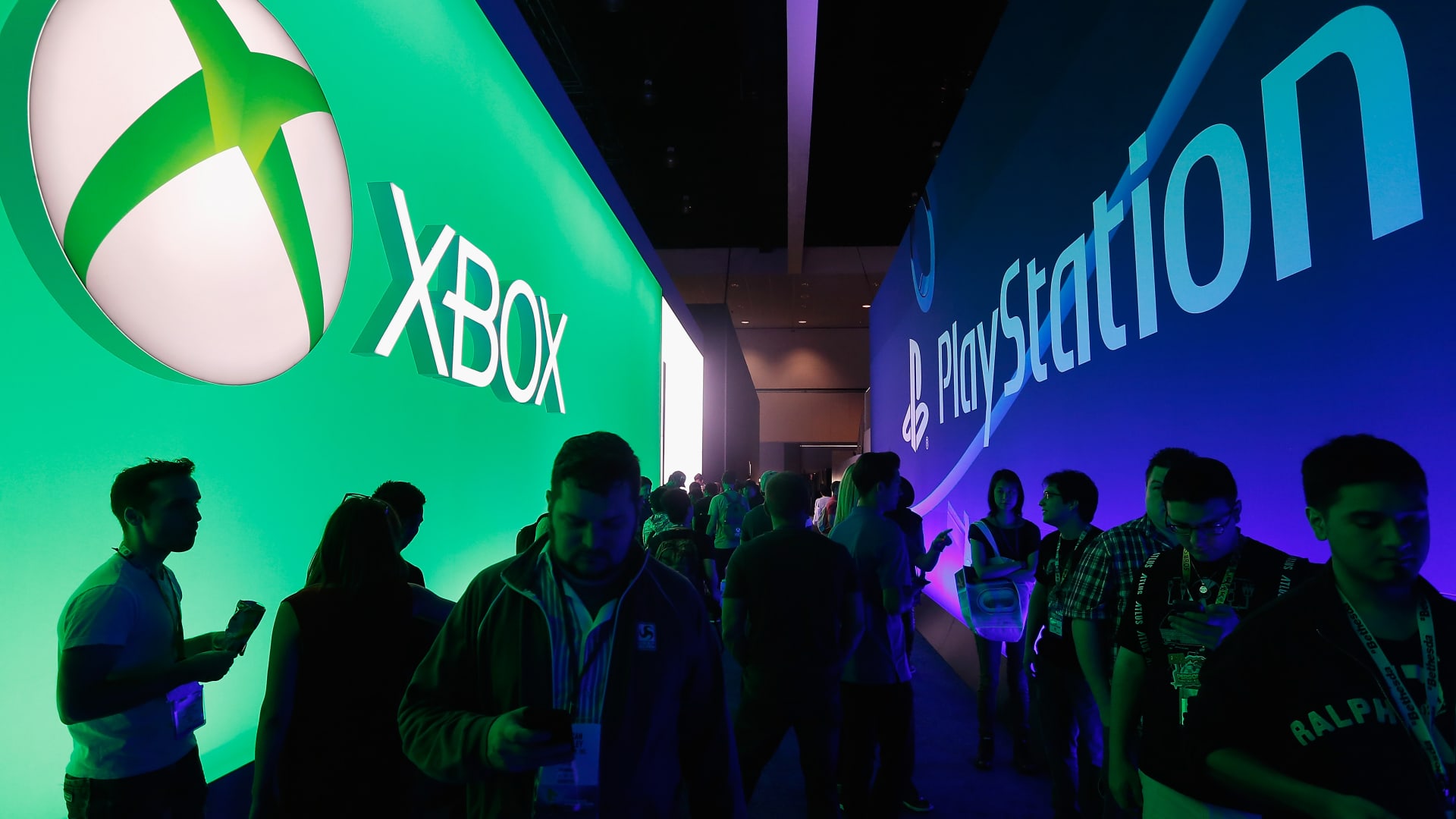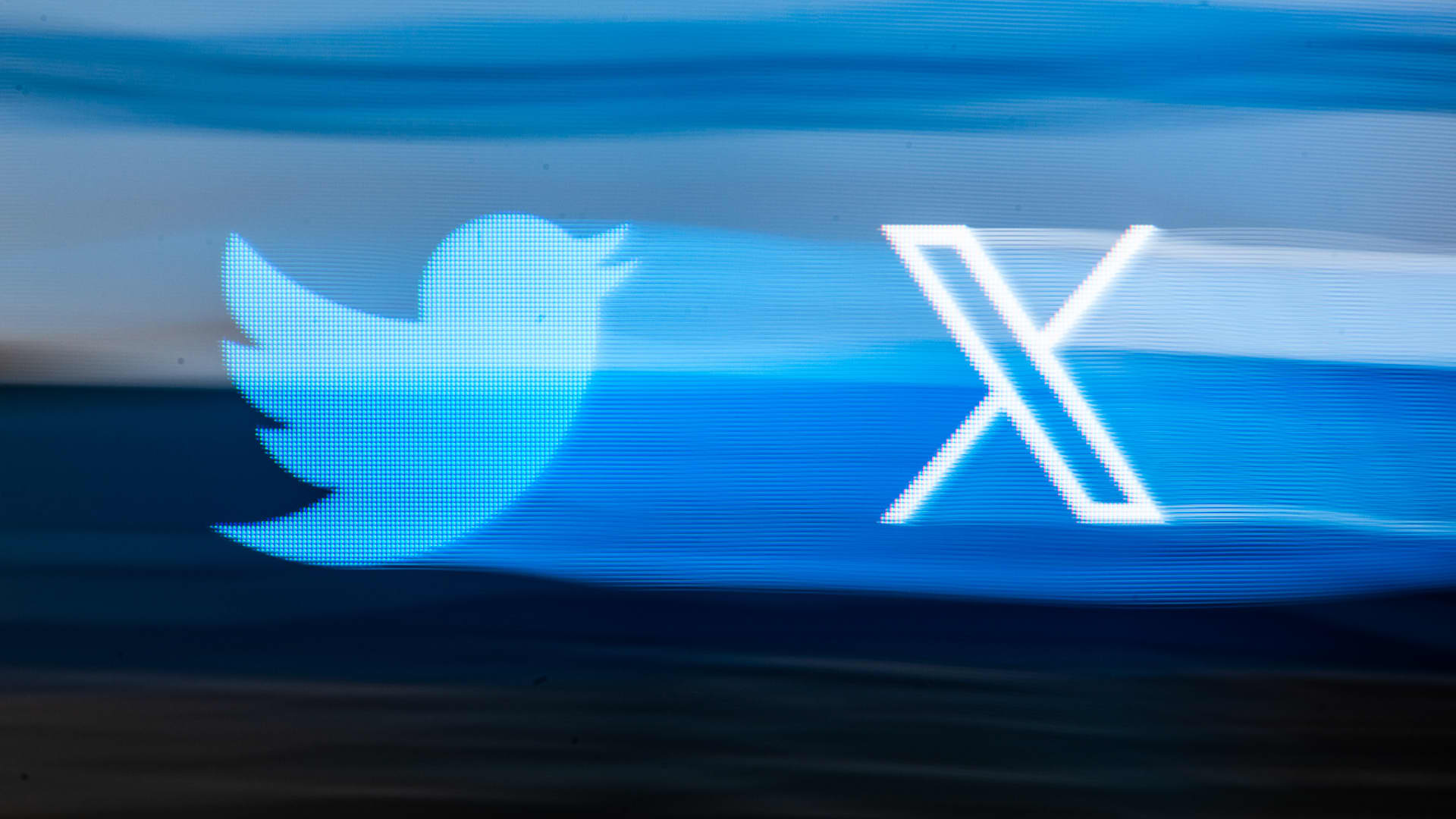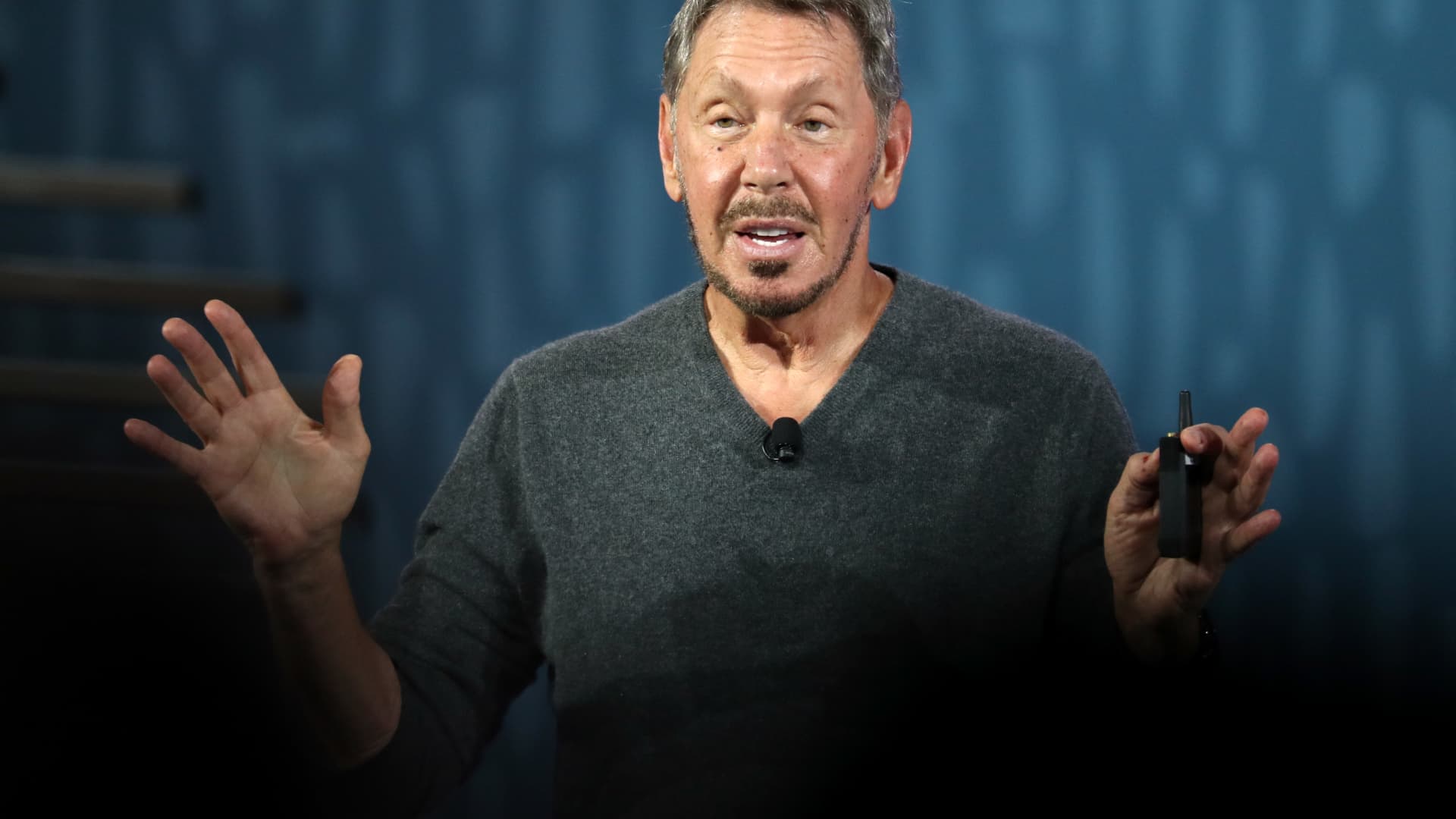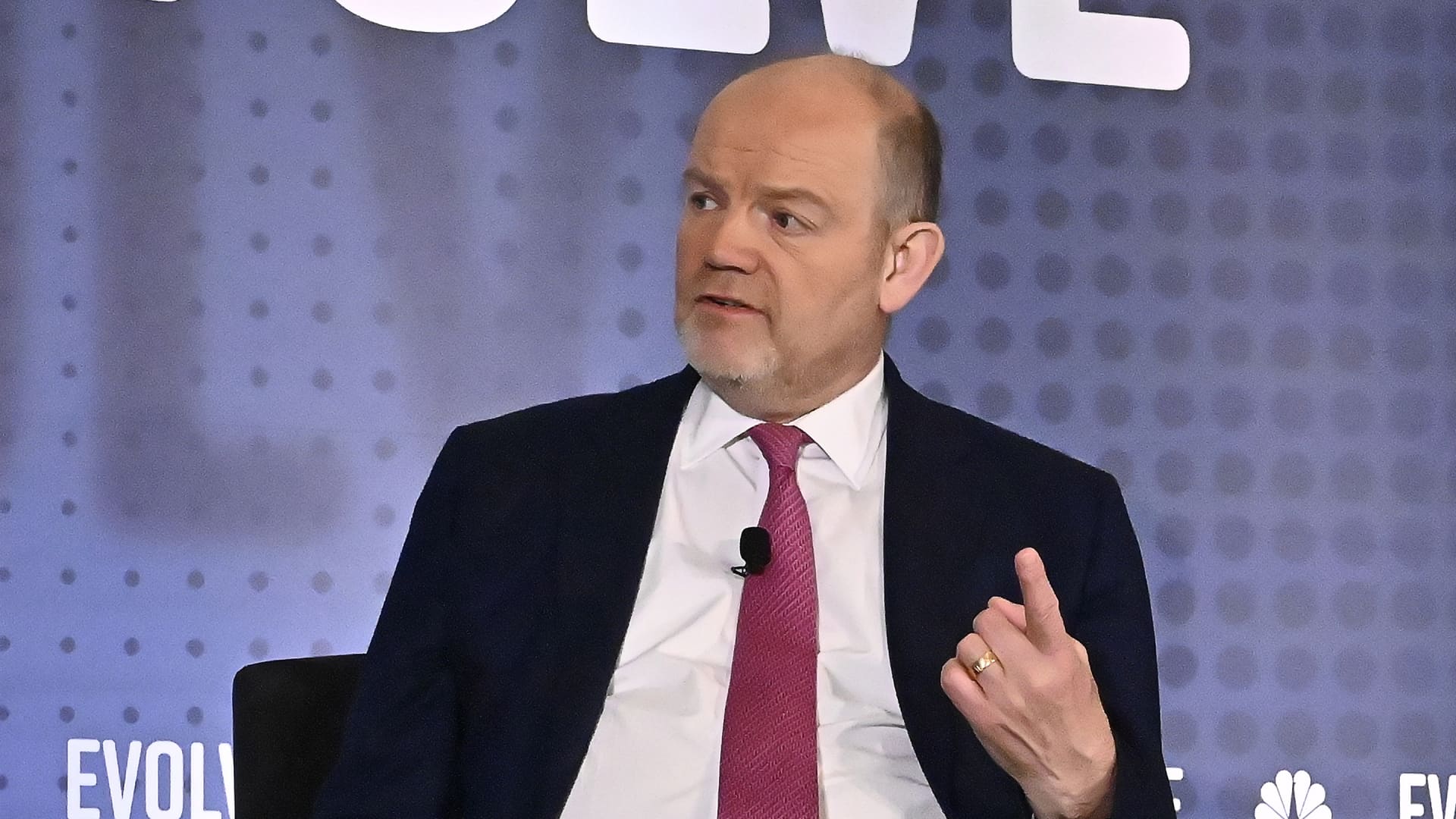Microsoft and Sony have signed a deal to keep Activision’s Call of Duty on PlayStation

Game enthusiasts and industry workers walk between the Microsoft Xbox and Sony PlayStation exhibits at E3 on June 16, 2015 in Los Angeles, California.
Christian Petersen | Getty Images
Sony signed a binding agreement with Microsoft keep Call of Duty on their PlayStation game consoles after the shutdown Activision Microsoft announced the acquisition of Blizzard on Sunday.
“We are pleased to announce that Microsoft and PlayStation have signed a binding agreement to keep Call of Duty on PlayStation following the acquisition of Activision Blizzard,” said Microsoft Gaming CEO Phil Spencer. said on Twitter Sunday.
Activision is the maker of the best-selling Call of Duty line. Regulators around the world have expressed significant concern over Microsoft’s hold on the gaming market if the Activision acquisition is approved.
Microsoft is the maker of the Xbox, which competes directly with Sony’s PlayStation, leading to fears that Microsoft will be able to make games “exclusive” to its consoles and push Sony out of the competition.
The current deal mitigates those concerns to some extent, though Microsoft and Sony did not disclose the length of the agreement. A representative of Microsoft noted that the deal is valid for a long time. The company has signed similar agreements in the past.
Anti-competitive concerns were shared by Sony Interactive Entertainment CEO Jim Ryan as recently as last month. Ryan, whose portfolio includes PlayStation, said he didn’t think Activision Blizzard’s proposed acquisition was a good fit to compete in the June testimony.
Microsoft Vice Chairman Brad Smith said on Twitter on Sunday that even after the potential deal closes, Microsoft will “remain focused on making sure Call of Duty remains available on more platforms and to more consumers than ever before.”
The acquisition is not certain to be completed, although the outlook for Microsoft and Activision is noticeably better after a federal appeals judge prevented the Federal Trade Commission from temporarily blocking the deal. In July, the FTC filed a lawsuit in San Francisco federal court seeking to block the deal, but was unable to convince a judge that the deal would pose a sufficient anticompetitive risk.
Regulators in the EU signed the agreement in May. On Wednesday, the UK’s Competition and Markets Authority, which has been forced to divest and blocked previous tech deals, said it was ready to hold talks with Microsoft over the terms of the deal.
Both companies plan to close the deal by Tuesday, July 18.




